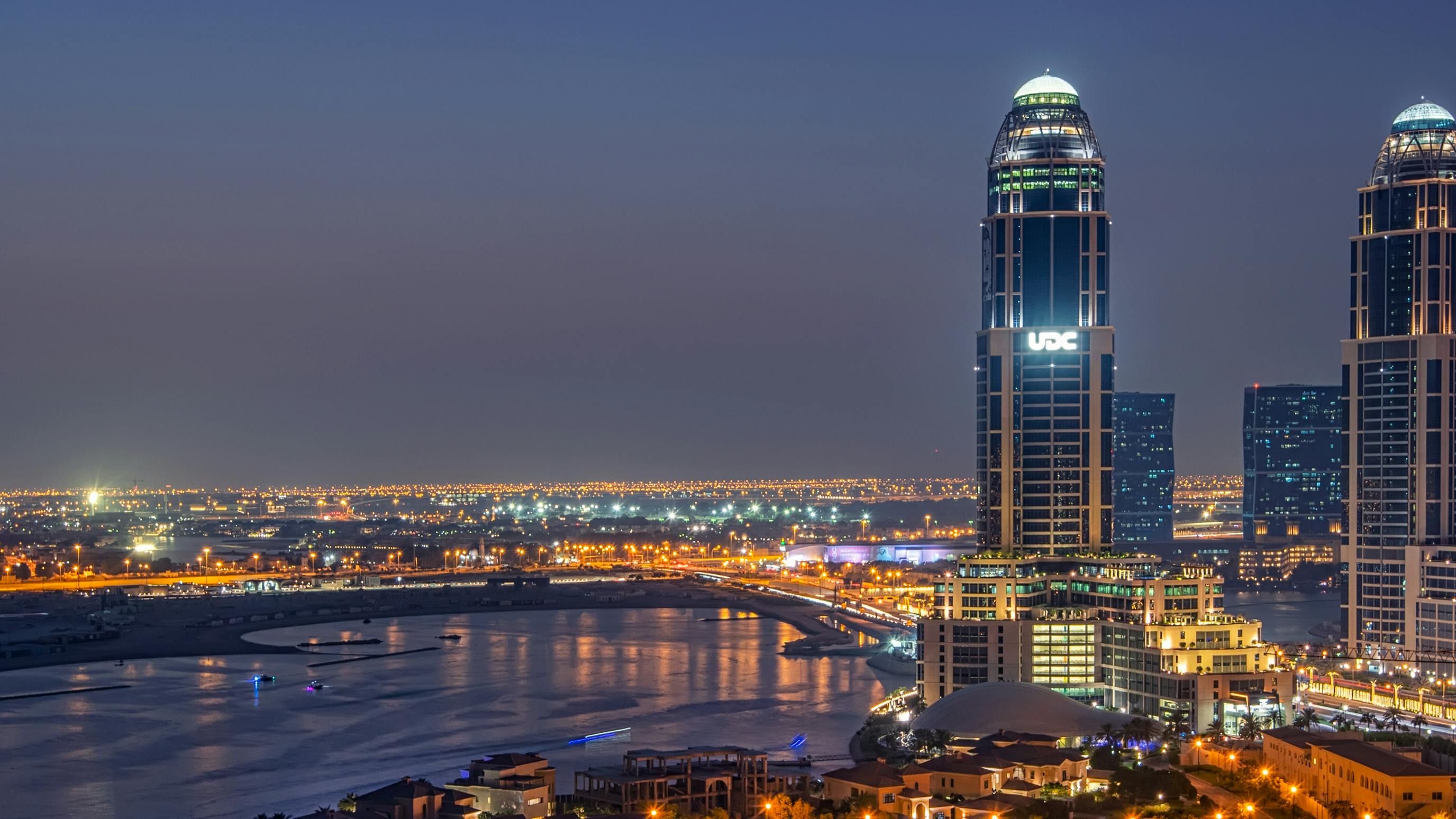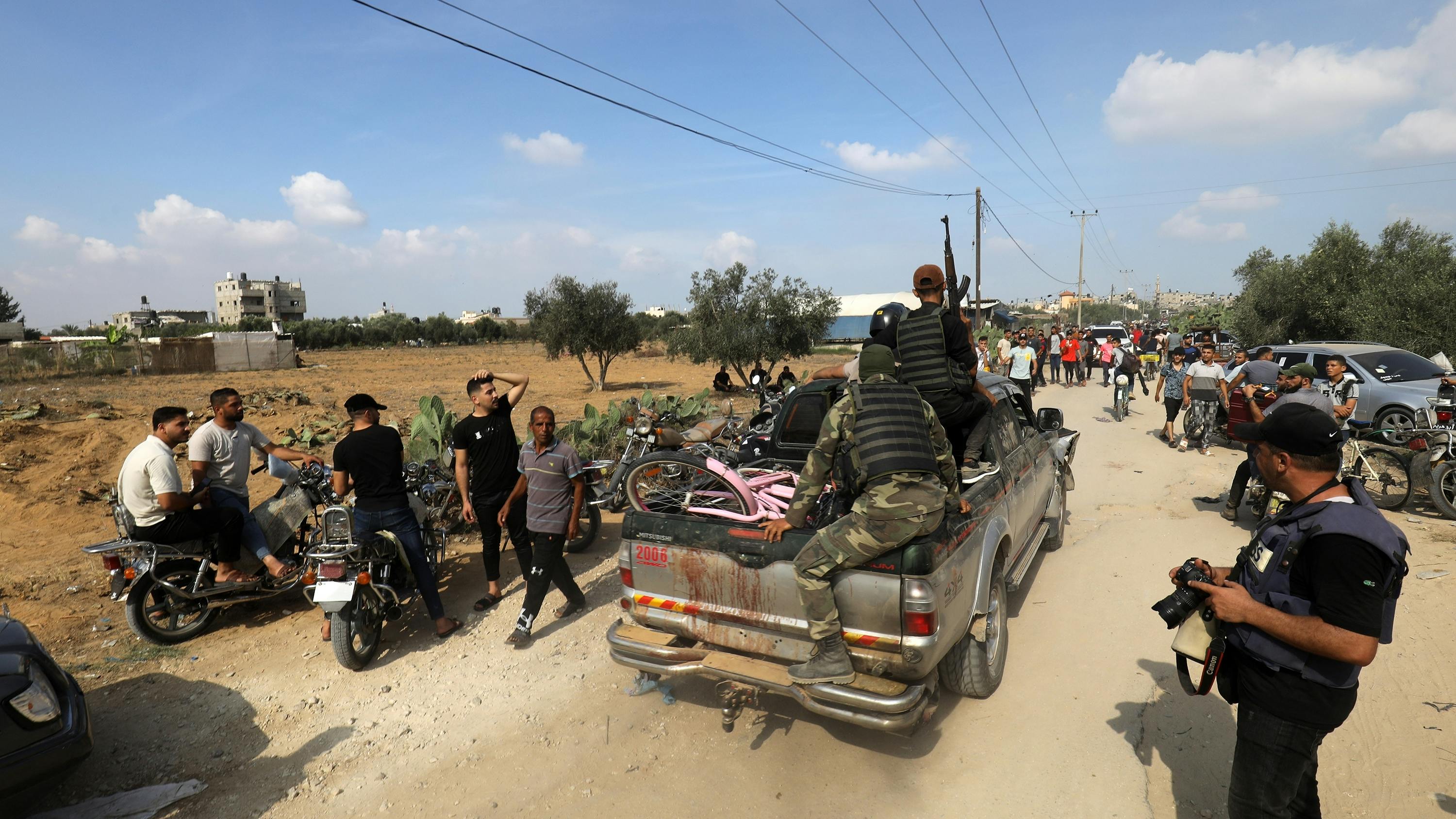Behind Enemy Lines: Israel’s Lifeline to the Syrian Druze
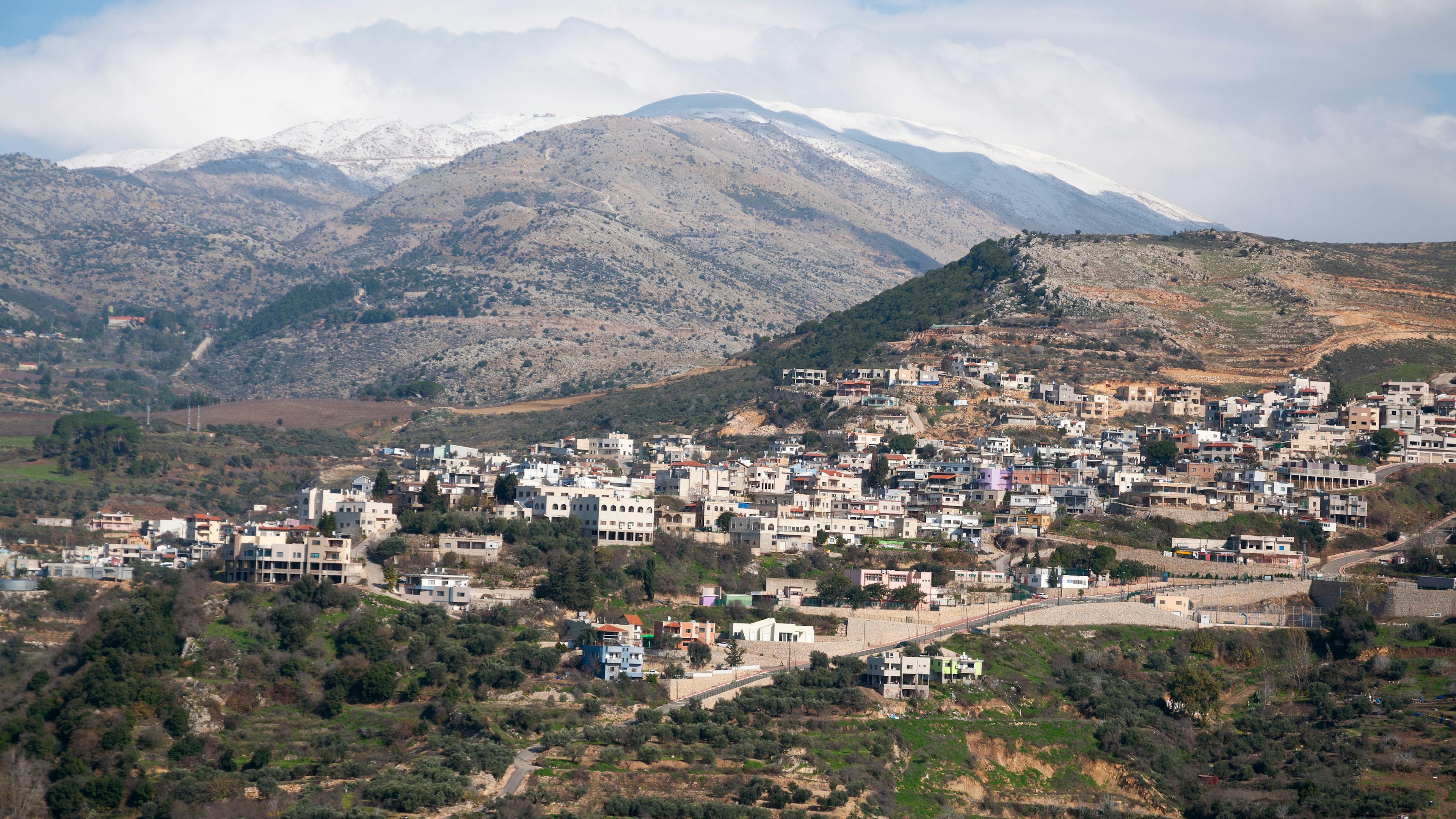
As a slow-burning threat simmers on Israel’s northern border, the world—true to form—sees nothing, hears nothing and says nothing.
At the center of this quiet storm is Syria’s Druze community. During Syria’s long civil war, this tight-knit minority largely escaped the worst violence. That changed when the Ahmed al-Sharaa regime took power.
Within hours of seizing Damascus, al-Sharaa shed his extremist image, donned a suit and parroted the world’s favorite buzzwords: tolerance and coexistence. But rhetoric is cheap. For Syria’s Druze, al-Sharaa’s deeds have spoken volumes—none of them reassuring.
Beyond the region, the Druze’s plight has barely made a ripple. Why? Simply put, Israel can’t be cast as the villain. And as the cynical adage goes: no Jews, no news.
Here’s the twist though: Israel is quietly playing protector. As Syria’s Druze face mounting danger, Israel is stepping in with aid and defense in a story unlikely to be told.
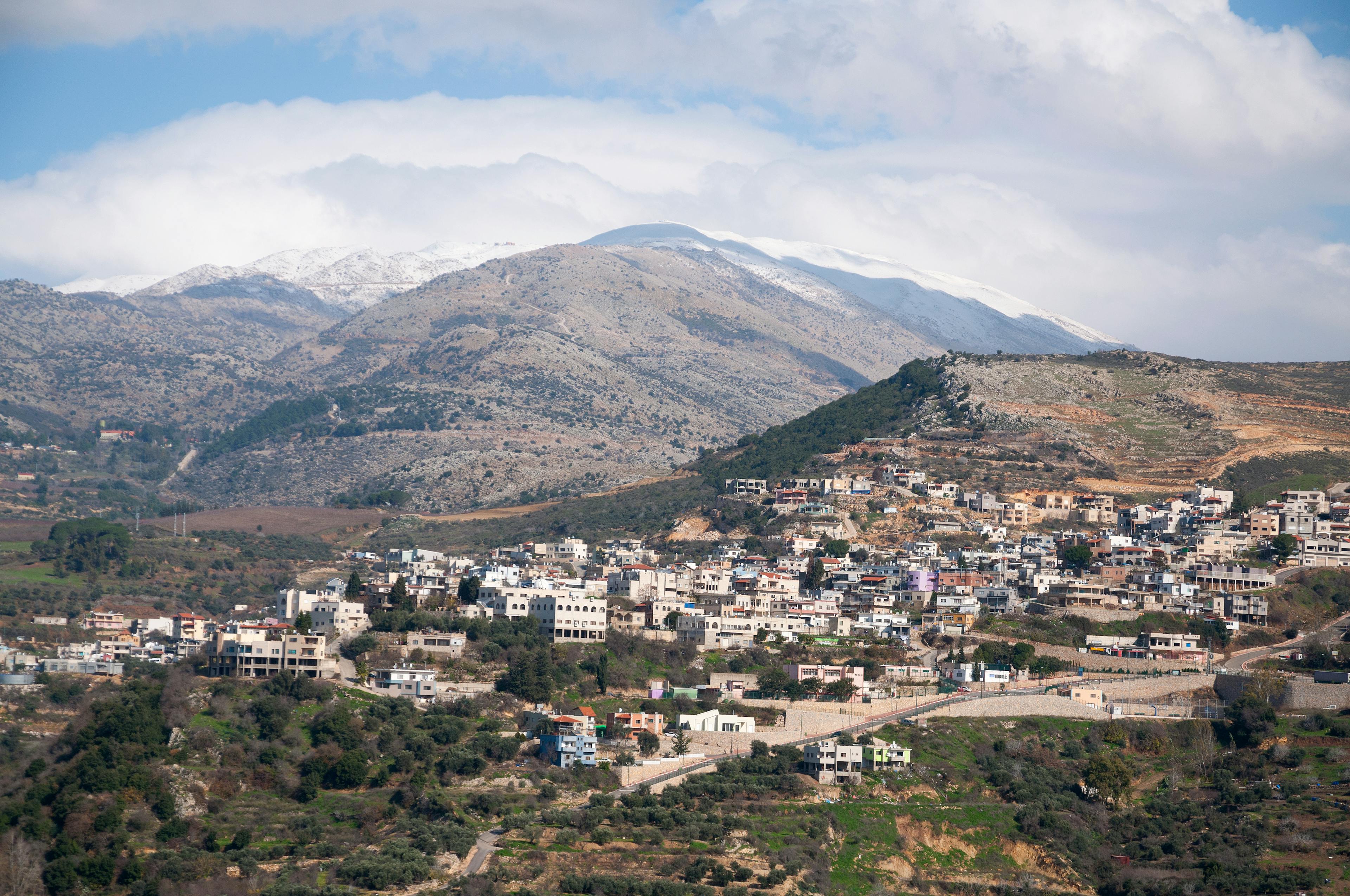
Meet the Druze
The Druze are an Islamic religious minority whose roots trace back to the 11th century. Their theology remains shrouded in secrecy. Today, over a million Druze live across the Middle East, in Syria, Israel and Lebanon, with smaller communities in Turkey.
They are a people bound by deep communal ties and loyalty to both heritage and homeland. When Israel captured the Golan Heights from Syria in the 1967 Six Day War, Druze communities suddenly found themselves separated with families and friends split between two nations who are still technically at war. For a people who value unity and identity, the division remains painful. Relatives are separated by fortified borders.
From today’s perspective, though, it may have been providential. “Maybe God put Druze in Israel to save the Druze in Syria,” Samra Atalla, a Syrian-born Druze who became Israeli in 1967 told the Times of Israel.
Empty Promises—Again
Syria’s population is predominantly Sunni Muslim, with a smattering of minority communities, including Alawites, Christians and Druze. The Druze, about 3% of the population or 700,000 people, have long occupied a precarious place on the fringes of power.
The Assad dictatorship proudly flew the flag of secular Arab nationalism while favoring the Alawite minority and keeping other groups firmly under its thumb.
When Assad fell, al-Sharaa promised a new era of real inclusion and minority protection. But that promise soon rang hollow. The current Syrian government is dominated by Islamists, some with ties to extremist groups. Of its 23 cabinet members, only one is Druze.
In March, sectarian violence erupted. Militias killed 1,400 Alawites—the same sect as former dictator Assad—in brutal purges. Then in May, after a fake audio clip of a Druze cleric insulting Islam went viral, regime forces and militias attacked Druze villages near Damascus, killing nearly 100.
Al-Sharaa didn’t order the violence—but he didn’t stop it either. For the Druze, the message was clear: the government won’t protect them.
In response, some 600 Druze fled the outskirts of Damascus, seeking refuge in parts of southern Syria under Israeli control. In the shadow of a state long demonized by the Arab world, they sought something their government would not provide: safety.
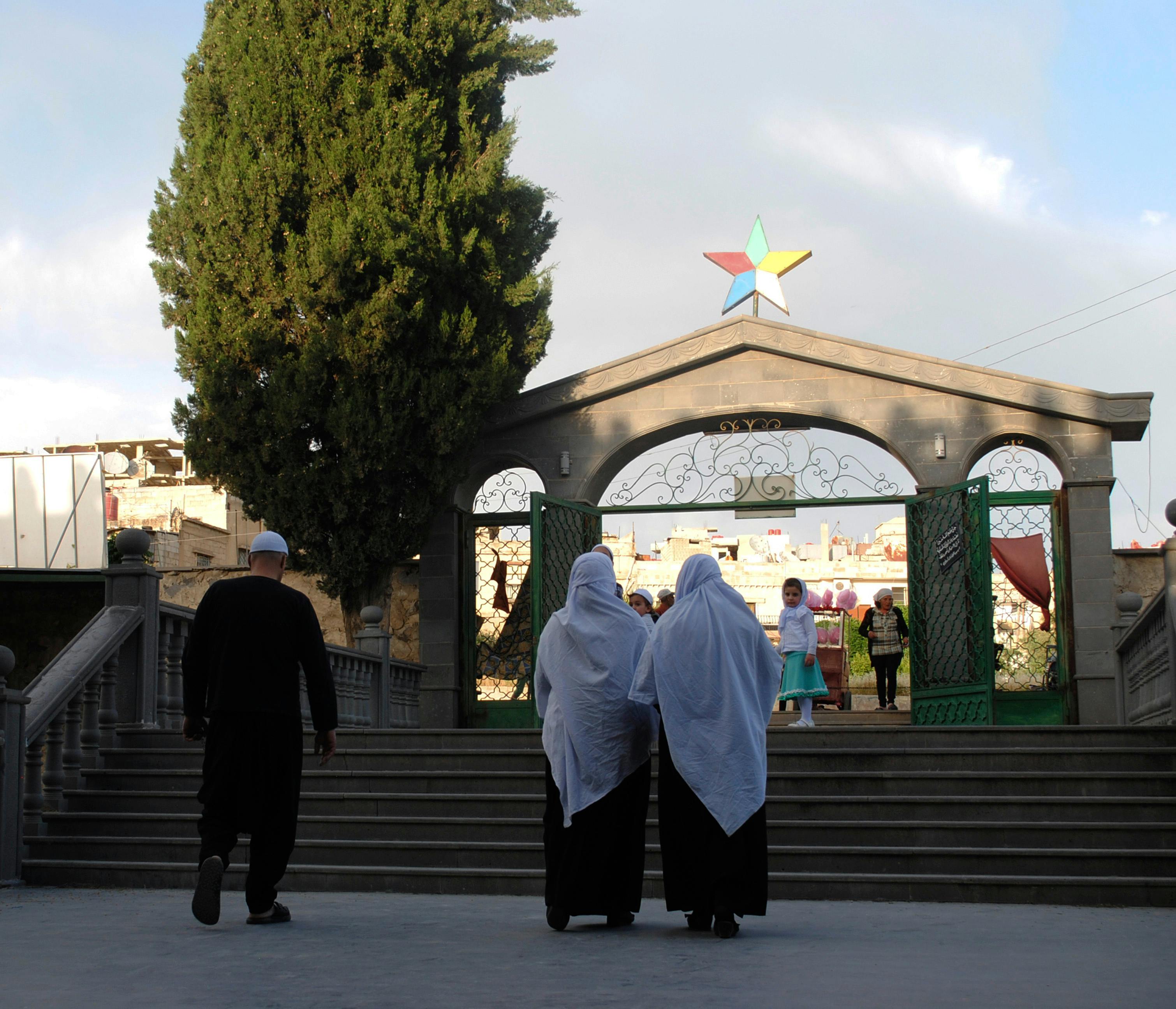
Israel to the Rescue
At the urging of its own Druze citizens, Israel responded swiftly and decisively.
On April 30, a targeted drone strike hit an armed group near Damascus reportedly preparing to attack Druze villages, the first strike against forces tied to al-Sharaa.
Prime Minister Netanyahu and Defense Minister Katz promptly issued a warning: “We won’t allow the terrorist regime of radical Islam in Syria to harm the Druze. If the regime harms the Druze, it’ll be harmed by us.”
Israel followed through. Within hours, the IDF authorized broader action, including strikes on Syrian government assets if attacks continued.
On May 2, Israeli jets struck targets near the presidential palace in Damascus. Israeli officials again framed it as a direct warning; Syria’s presidency condemned the move as a “major escalation.”
Support extended beyond the battlefield. The IDF sent 10,000 humanitarian aid packages to Druze communities and carried out Israel’s first helicopter food drop inside Syrian territory. Israel also set up a field medical unit in southern Syria. Some Druze were treated on-site; others were airlifted to Israel. Finally, Jerusalem permitted Syrian Druze to work in northern Israel, offering economic relief and strengthening cross-border ties.
Israel’s multifaceted response—military, humanitarian, medical and economic—sent a clear message: Jerusalem stands with the Druze.
Why the Helping Hand?
With Israel already stretched thin, why extend further resources to protect the Syrian Druze? Because that’s what Israel does.
Israel’s support for the Syrian Druze is rooted in a blend of strategic, moral and cultural imperatives. It reflects the Jewish state’s enduring commitment to protect life, support allies and safeguard its own borders.
First, there’s the humanitarian imperative. Israel has long sent aid and medical teams to places beyond its borders. Helping those in need—especially when the world looks away—is embedded in Israel’s national ethos. Assisting the Druze was the right thing to do.
Second, there’s the unbreakable bond between Israel and its 150,000-strong Druze community. Unlike many other minority groups, the Druze have shown unwavering loyalty to the state. They serve proudly in the IDF, often in elite combat units, and are deeply woven into Israel’s civic and defense fabric.
During the 2025 Memorial Day ceremonies, Israeli leaders emphasized that bond. Energy Minister Eli Cohen declared: “The alliance between the Jewish people and the Druze community transcends borders.” Jerusalem Affairs Minister Meir Porush expanded on the sentiment. “The covenant between the Druze and Jews is a covenant of life,” he said.
Third, there is a strategic calculation. The trauma of October 7, 2023 transformed Israel’s security mindset. Southern Syria has become fertile ground for jihadist groups. Israel cannot risk allowing another threat to fester just beyond the Golan Heights.
To that end, Israel has established a buffer zone and taken preemptive action to ensure Syrian military assets don’t fall into extremist hands. The Syrian Druze, with their moderate beliefs, historical ties to Israel and deep-rooted presence in the region, serve as a natural counterbalance to Islamist extremism.
Now What?
At the time of writing, Israel’s intervention appears to have succeeded—at least for now. The immediate threat to the Syrian Druze has subsided, and the massacre they feared did not materialize. Is Israel’s clear message of protection the reason for this outcome? Quite possibly.
Yet the danger has not disappeared. That’s why, even as Israel faces threats on multiple fronts, it remains prepared to act swiftly if tensions reignite. Where the Syrian regime failed to offer protection, Israel stands ready to provide them with security.
Related Resources

Discover Your Purpose and God’s Heart For You
In today's divided, turbulent world, it's essential for the Church to rediscover God's heart. Our free e-book, authored by a seasoned expert with three decades of experience in Israel, delves deep into the teachings of Jesus (Yeshua) to reveal God’s principles of love and purpose. Learn how embracing these truths can bring significance and impact to your life, even amidst chaos. Subscribe now to receive your free copy and embark on a journey of transformation.

